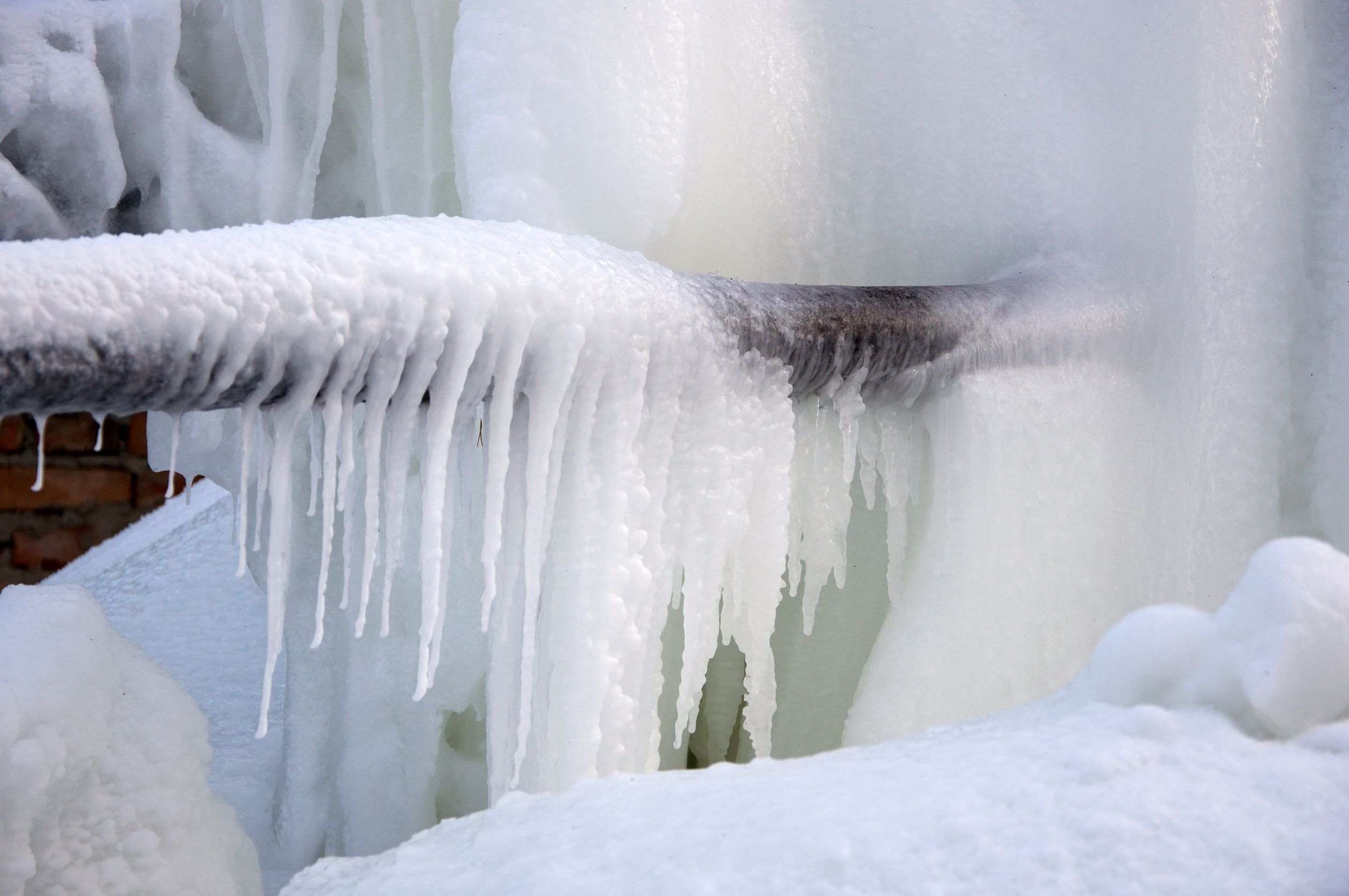Important Advice for Preventing Frozen Pipes in Cold Weather Conditions
Important Advice for Preventing Frozen Pipes in Cold Weather Conditions
Blog Article
Listed here below you can locate a lot of first-rate points around Helpful Tips to Prevent Frozen Pipes this Winter.

Winter can wreak havoc on your pipes, particularly by freezing pipes. Below's exactly how to stop it from occurring and what to do if it does.
Intro
As temperatures decline, the danger of icy pipes increases, potentially causing expensive repair work and water damage. Recognizing just how to avoid frozen pipelines is essential for homeowners in chilly climates.
Understanding Frozen Pipelines
What causes pipes to ice up?
Pipelines ice up when exposed to temperatures listed below 32 ° F (0 ° C) for expanded periods. As water inside the pipelines freezes, it increases, taxing the pipeline walls and possibly causing them to rupture.
Dangers and damages
Frozen pipes can bring about water supply disturbances, building damages, and pricey repair work. Burst pipes can flood homes and trigger comprehensive architectural damage.
Indications of Frozen Piping
Identifying icy pipes early can avoid them from bursting.
How to recognize frozen pipes
Seek lowered water circulation from faucets, unusual smells or sounds from pipes, and noticeable frost on subjected pipes.
Avoidance Tips
Protecting susceptible pipelines
Wrap pipelines in insulation sleeves or utilize warm tape to protect them from freezing temperatures. Focus on pipes in unheated or external locations of the home.
Heating methods
Keep interior areas effectively heated, especially locations with plumbing. Open cupboard doors to enable cozy air to flow around pipes under sinks.
Safeguarding Exterior Pipes
Garden pipes and outdoor taps
Detach and drain yard pipes before winter season. Install frost-proof spigots or cover outdoor faucets with protected caps.
What to Do If Your Pipelines Freeze
Immediate actions to take
If you presume icy pipelines, keep taps available to alleviate pressure as the ice melts. Utilize a hairdryer or towels soaked in hot water to thaw pipes slowly.
Long-Term Solutions
Architectural modifications
Think about rerouting pipelines far from exterior wall surfaces or unheated areas. Add extra insulation to attics, cellars, and crawl spaces.
Upgrading insulation
Invest in top quality insulation for pipes, attics, and wall surfaces. Appropriate insulation assists preserve consistent temperatures and minimizes the danger of frozen pipes.
Final thought
Avoiding icy pipes needs positive actions and quick actions. By comprehending the reasons, signs, and preventive measures, homeowners can secure their pipes during winter.
5 Ways to Prevent Frozen Pipes
Drain Outdoor Faucets and Disconnect Hoses
First, close the shut-off valve that controls the flow of water in the pipe to your outdoor faucet. Then, head outside to disconnect and drain your hose and open the outdoor faucet to allow the water to completely drain out of the line. Turn off the faucet when done. Finally, head back to the shut-off valve and drain the remaining water inside the pipe into a bucket or container. Additionally, if you have a home irrigation system, you should consider hiring an expert to clear the system of water each year.
Insulate Pipes
One of the best and most cost-effective methods for preventing frozen water pipes is to wrap your pipes with insulation. This is especially important for areas in your home that aren’t exposed to heat, such as an attic. We suggest using foam sleeves, which can typically be found at your local hardware store.
Keep Heat Running at 65
Your pipes are located inside your walls, and the temperature there is much colder than the rest of the house. To prevent your pipes from freezing, The Insurance Information Institute suggests that you keep your home heated to at least 65 degrees, even when traveling. You may want to invest in smart devices that can keep an eye on the temperature in your home while you’re away.
Leave Water Dripping
Moving water — even a small trickle — can prevent ice from forming inside your pipes. When freezing temps are imminent, start a drip of water from all faucets that serve exposed pipes. Leaving a few faucets running will also help relieve pressure inside the pipes and help prevent a rupture if the water inside freezes.
Open Cupboard Doors
Warm your kitchen and bathroom pipes by opening cupboards and vanities. You should also leave your interior doors ajar to help warm air circulate evenly throughout your home.
:strip_icc()/snow-outdoor-faucet-pipes-4af65d1e5e904fb1aa7bf74071fe5d89.jpg)
I'm just very interested in How to prepare your home plumbing for winter weather and I hope you liked the piece. Sharing is caring. You just don't know, you may just be helping someone out. I appreciate your readership.
Click Here Report this page